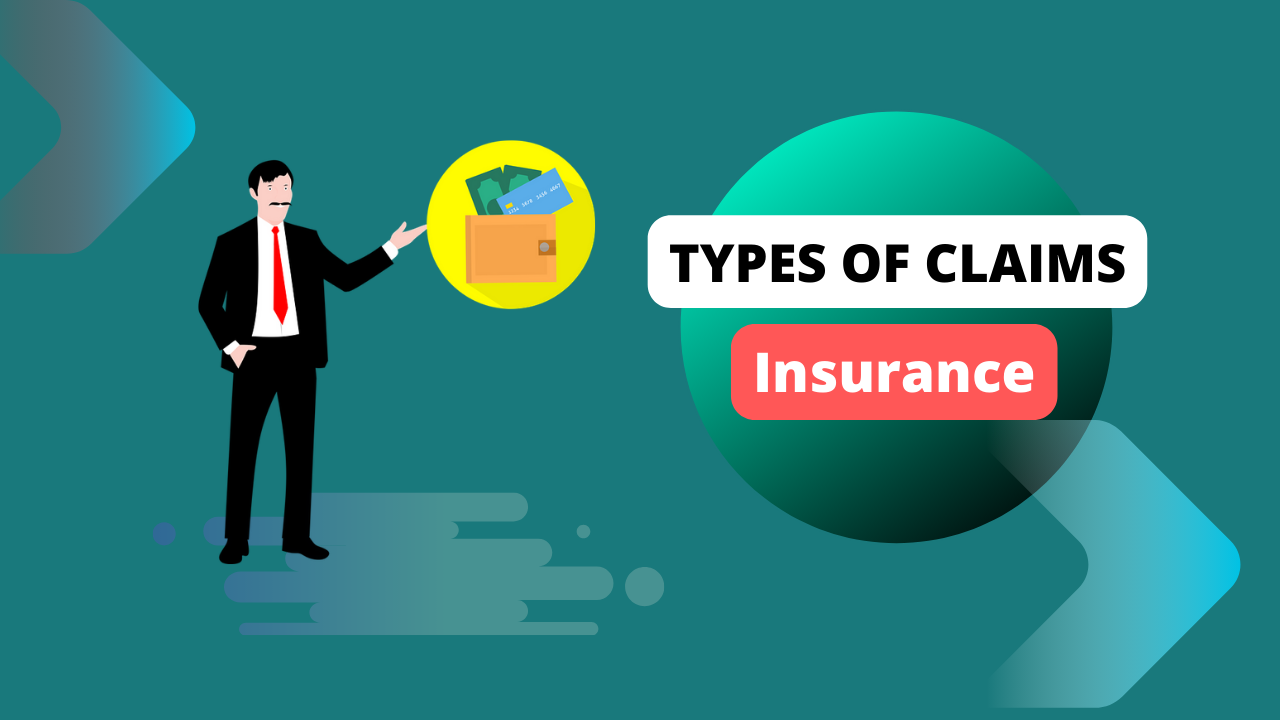Insurance serves as a financial safety cushion, offering safeguarding against unanticipated occurrences and losses. To grasp the breadth of insurance, it’s crucial to be aware of the varied kinds of claims that policyholders can initiate. In this piece, we’ll delve into the prevalent categories of insurance claims:
Property Insurance Claims
a. Homeowners Insurance Claims:
Property Impairment: Addresses harm to your residence arising from hazards like fire, theft, vandalism, or natural calamities. Responsibility: Encompasses injuries or property harm to others while on your premises.
b. Renters Insurance Claims:
Personal Belongings: Safeguards your possessions within a leased dwelling against theft or damage. Liability: Analogous to homeowners insurance, it covers injuries or property damage to others.
c. Commercial Property Insurance Claims:
Building Deterioration: Envelops impairment to business property structures. Assets Impairment: Guards business resources and stock. Business Disruption: Compensates for lost earnings due to property harm.
Auto Insurance Claims
a. Collision Claims:
Fault-Based Accidents: Takes care of the restoration of your vehicle when you are responsible for an accident involving other vehicles.
b. Comprehensive Claims:
Non-Collision Occurrences: Insures your vehicle against harm from non-collision events like theft, vandalism, or natural calamities.
c. Liability Claims:
Bodily Harm: Shields against injuries to others in an accident where you are at fault. Property Deterioration: Addresses damage to others’ property in accidents you trigger.
d. Uninsured/Underinsured Motorist Claims:
Injury and Property Impairment: Shields you when the responsible party has deficient or no insurance.
Health Insurance Claims
a. Medical Claims:
Hospital Stays: Encompasses expenses related to hospitalization, surgeries, and medical treatments. Prescribed Medications: Takes care of the costs of prescribed drugs. Physician Appointments: Includes routine check-ups and consultations with specialists.
b. Dental and Vision Claims:
Dental Services: Covers dental check-ups, cleanings, and treatments. Vision Care: Encompasses eye examinations, eyeglasses, and contact lenses.
c. Disability Claims:
Short-Term Disability: Provides income replacement for a brief period due to illness or injury. Long-Term Disability: Furnishes extended income replacement if you cannot work.
Life Insurance Claims
a. Death Benefit Claims:
Survivor Benefits: Disburses a lump sum or annuity to beneficiaries upon the policyholder’s demise.
b. Accidental Death and Dismemberment (AD&D) Claims:
Accident Coverage: Offers compensation for accidental death or severe injuries.
Travel Insurance Claims
a. Trip Cancellation/Interruption Claims:
Trip Cancellations: Reimburses non-refundable trip expenses due to unforeseen events. Trip Interruptions: Addresses costs associated with returning home prematurely due to crises.
b. Medical Evacuation and Emergency Medical Claims:
Medical Urgencies: Includes medical treatment and evacuation for injuries or illnesses while traveling.
c. Baggage and Personal Belongings Claims:
Lost, Stolen, or Damaged Items: Reimburses for lost, stolen, or damaged baggage and personal possessions.
Liability Insurance Claims
a. General Liability Claims:
Third-Party Injuries: Insures injuries or property damage to third parties resulting from your actions or negligence.
b. Professional Liability (Errors and Omissions) Claims:
Professional Negligence: Shields professionals from allegations of inadequate or negligent services.
These represent some of the most prevalent sorts of insurance claims, but there exist numerous other specialized insurance policies tailored to particular requirements. It’s imperative to fathom your policy’s coverage and the protocol for initiating claims to ensure you acquire the protection you require when unforeseen circumstances arise.

